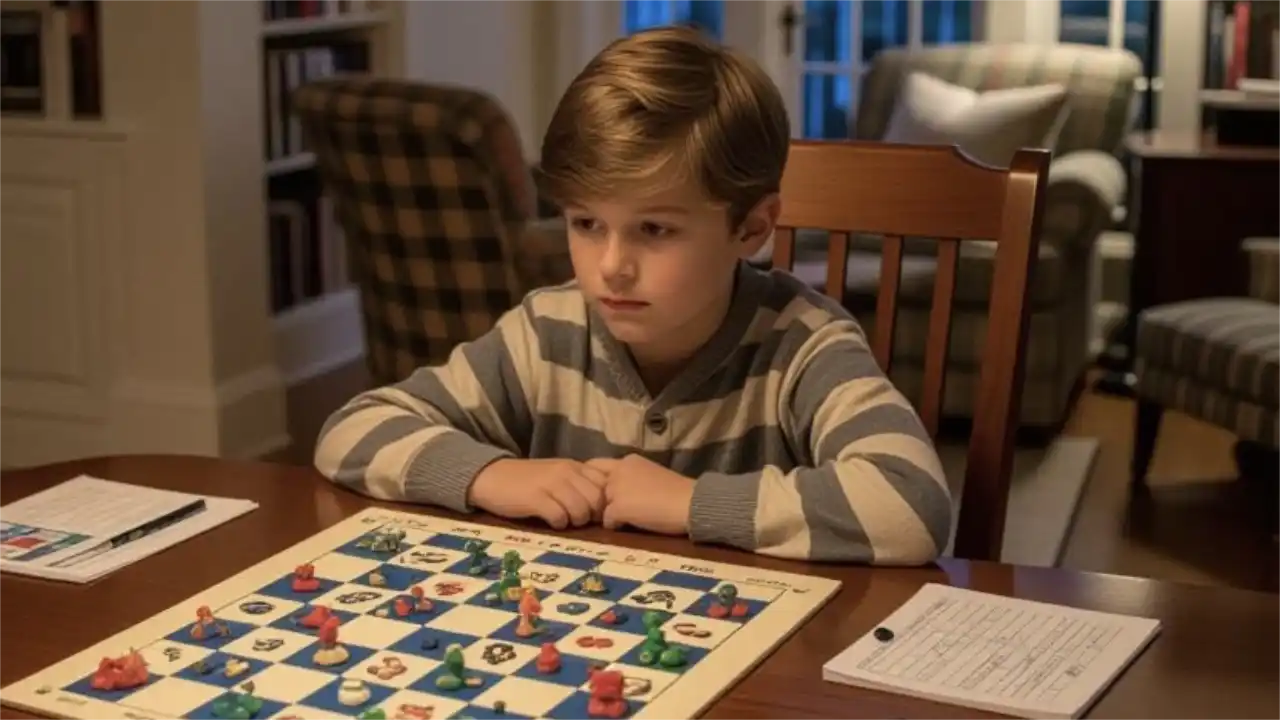
Core Critical Thinking: Question Every Claim
C
hildren are naturally trusting. They hear an exciting claim on the playground or see a flashy ad and rarely stop to question it. In a world flooded with instant messages and viral trends, this innocence can leave them vulnerable to deception, both in games and in schoolwork. Teaching a child to ask, “What’s the evidence?” isn’t just about sharpening academic skills; it’s about forging a habit of discernment that will serve them across all areas of life. Encouraging this reflex turns them into independent thinkers who are better prepared to handle arguments, projects, and daily decisions with clarity and strength.
I recall an evening when my son, frustrated by a losing streak in a board game, angrily declared the game was unfair. Instead of dismissing his complaint, I asked him to explain why he thought so. His answer — simply that he was losing — opened a door for exploration. We replayed the game carefully, noting each turn and outcome. As he tallied results, it became clear to him that luck, not injustice, had ruled the night. That simple exercise didn’t just resolve one game; it planted a seed of healthy skepticism he now applies to school debates, news headlines, and even product reviews.
Building this mindset requires regular practice. One evening each week, invite your child to identify a claim they’ve heard — a game rule, a commercial promise, or even a story from a friend. Challenge them to craft one skeptical question about it and seek out verification, using a rulebook, a trusted article, or a book from the library. Keep a simple “Doubt Journal” where they record each discovery. Puzzle games like “Logic Star” or casual fact-checking contests at dinner make the habit enjoyable. Over time, questioning everything becomes not a burden, but a source of confidence and empowerment.
Core Critical Thinking
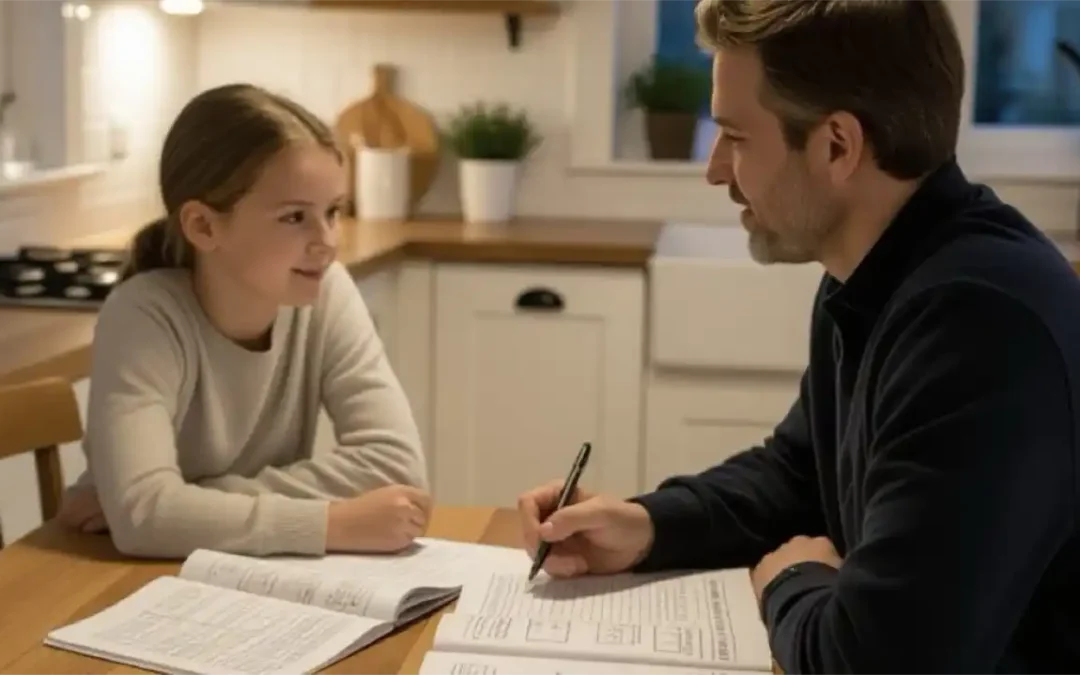
Core Critical Thinking: Strengthen Logical Reasoning
Develop logic through puzzles, questions, and analysis. Strong reasoning helps children make wise, confident decisions in life.
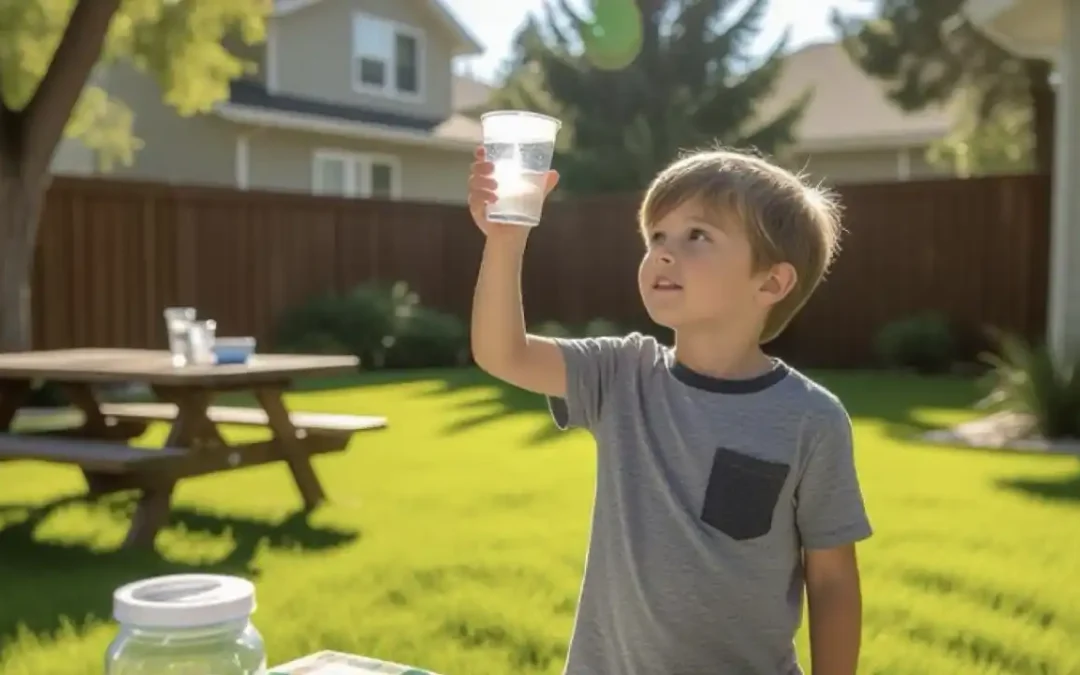
Core Critical Thinking: Test Reality with Science
Show children how to test ideas through observation and experimentation. Science nurtures accuracy, curiosity, and clear thinking.

Core Critical Thinking: Challenge False Patterns
Teach children to recognize when patterns mislead. Strengthen logical thinking and awareness of common reasoning mistakes.

Core Critical Thinking: Investigate Underlying Causes
Help children look deeper than surface explanations. Understanding causes builds reasoning, clarity, and meaningful learning.
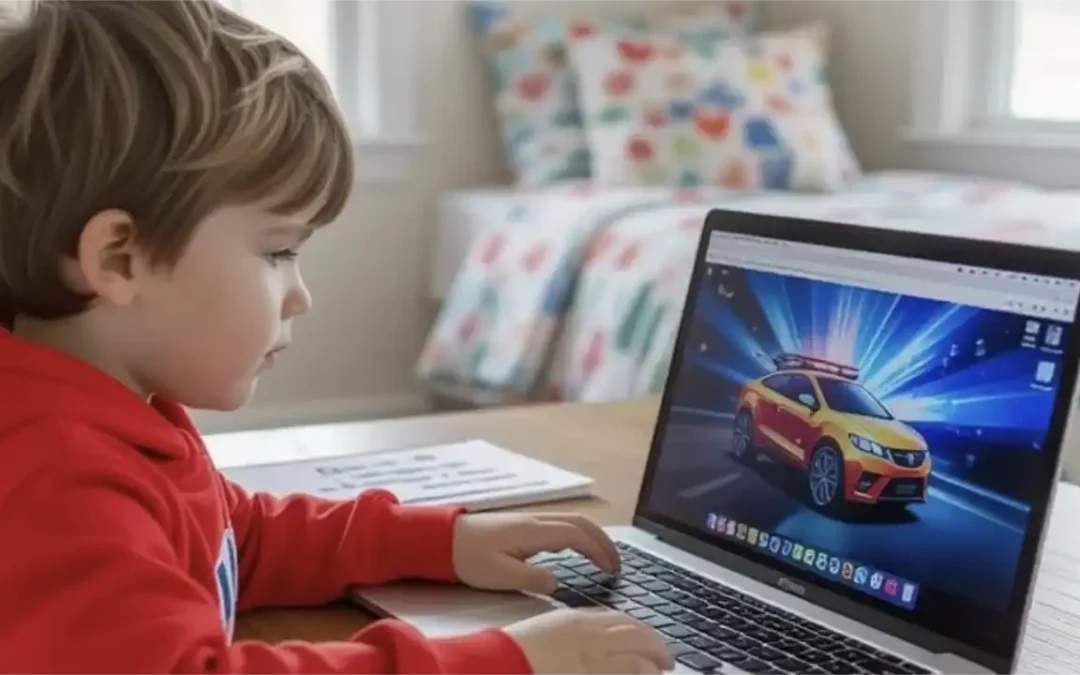
Core Critical Thinking: Verify Information at the Source
Show children how to check original sources and reliable references. This builds strong critical thinking and informed judgment.
Table of contents

Primordial Soup for the Mind: Navigation
Navigate the book Primordial Soup for the Mind.
TIPS
- Ask “What’s the evidence?” to spark doubt.
- Praise keen questions to build confidence.
- Use a journal to track their doubts.
- Draw from passions like games or news.
- Share doubts over dinner to engage.
ACTIVITIES
- Claim Query: Spot a toy claim, jot one question, check a fact, 10 minutes.
- Headline Probe: Pick a news claim, question it, verify with a source, 10 minutes.
- Rule Test: Question a game rule, test its fairness, note findings, 10 minutes.
EXAMPLE
My son’s game test showed chance, not flaws—he is now sharp.

Download “Primordial Soup for the Mind: A Parent’s Guide to Nurturing Intellectual Growth”
Enter your information to get this article and hundreds more as part of the FREE book Primordial Soup for the Mind.
Share your thoughts with the Thought Academy community in the Comments section below.

Sharpen those skills!
Enter your information to get our FREE practice exercises so you can hone your critical thinking and reasoning skills!



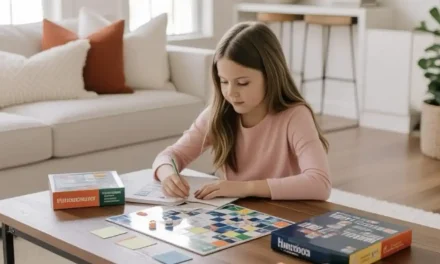
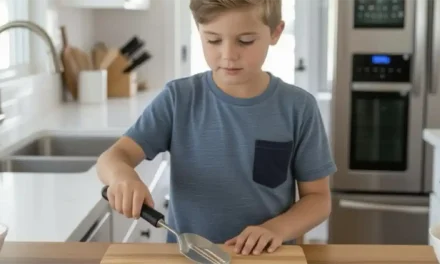
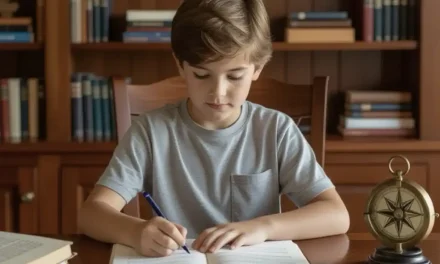

0 Comments